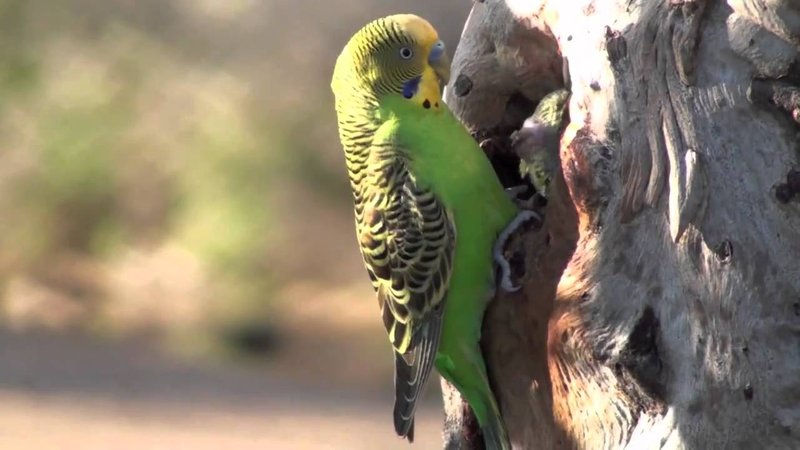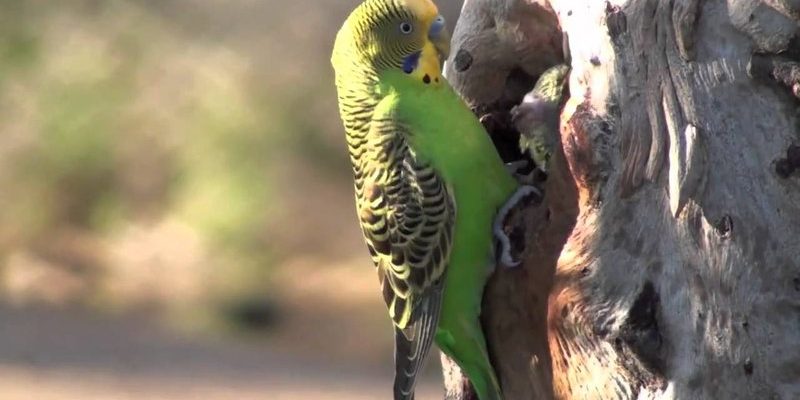
Imagine sitting in a cozy café, chatting with a friend about how certain animals can symbolize different things in our lives. Just like how cats are often seen as symbols of independence or how dogs represent loyalty, budgies hold their own special place in local tales. From being considered omens of good luck to embodying spiritual messages, budgies have woven their way into the fabric of many traditions. Let’s dive into different cultures and explore how these small birds are celebrated and revered.
Budgies in Australian Aboriginal Culture
When discussing the origins of the budgie, we can’t forget their roots in Australia. For Aboriginal peoples, these birds are more than just pretty pets; they are part of the environment and hold deep cultural significance. Traditionally, budgies are seen as symbols of joy and freedom, often representing the spirit of the land. You might be surprised to know that they are depicted in several Aboriginal artworks and stories, celebrating their lively nature.
In some Aboriginal myths, budgies are seen as messengers from the spirit world. Their bright colors and cheerful sounds are believed to bring news of happier days. When a budgie appears in the skies, it’s sometimes considered an omen of good fortune. In this sense, they’re not just birds; they are part of a larger narrative that connects people to nature and the invisible forces that influence their lives.
Folklore Tales from New Zealand and the Maori Culture
In New Zealand, the budgie holds a special place in the hearts of the Maori people. Known as “kākāriki,” or green parakeet, these birds are celebrated for their vibrant colors and melodious songs. In Maori folklore, the kākāriki is often associated with the god of the forest, Tane Mahuta, who is responsible for all plant and animal life. You might see how this highlights the budgie’s connection to nature and its reverence in cultural narratives.
The Maori also believe that the sounds of budgies in the forests can signify changes in the environment. If people hear a budgie’s call, it’s a sign that nature is thriving, and balance is being maintained. This is why the budgie is often included in chants and songs, emphasizing its role as a harbinger of nature’s health and harmony.
Budgies in Western Pop Culture
In modern times, the budgie has made its mark in Western pop culture, becoming a beloved pet and even a symbol of happiness. When you think about it, many people have fond memories of a budgie perched on a shoulder or chirping away in a sunny room. You might recall the famous cartoon character, “Tweety Bird,” who has further popularized the image of budgies in a fun and light-hearted way.
Interestingly, budgies also show up in various artworks and films, often symbolizing playfulness and innocence. Their carefree nature tends to resonate with many people, making them the perfect mascot for light-hearted themes. Whether in children’s stories or animated films, these little birds embody joy and cheerfulness, reminding us of the simple pleasures in life.
The Symbolism of Budgies in Various Cultures
Across many cultures, budgies symbolize different themes. In some, they represent happiness and companionship, while in others, they are seen as spiritual guides. For instance, in Japan, budgies are associated with good luck and prosperity. It’s not uncommon to see them in local markets or as symbols in art.
Moreover, in many countries, the bright colors of budgies can symbolize joy and celebration. The vivid greens, yellows, and blues remind people of the beauty of nature and the importance of self-expression. This connection to brightness and vibrancy makes them even more beloved across cultures.
Budgies in Everyday Superstitions
Cultural beliefs about budgies often extend into the realm of superstitions. In some cultures, it is believed that if a budgie visits your home, it brings good luck. You might hear stories about how the appearance of a budgie can signal new beginnings or opportunities. For those who believe in such tales, having a budgie around is not just a delight; it’s an indication that the universe is smiling upon them.
Conversely, in a few places, there are superstitions that suggest it can be bad luck to see a lone budgie. This belief stems from the idea that these birds are social creatures that thrive in flocks, so encountering one alone might be seen as a warning. These stories, whether believed or not, show how deeply budgies are interwoven into the cultural narratives of various communities.
Budgies in Spiritual Practices
In various spiritual practices, budgies are often viewed as symbols of communication and freedom. They are seen as spiritual messengers that bridge the gap between the physical and spiritual worlds. For instance, in some meditation practices, the presence of a budgie is believed to enhance one’s ability to communicate with higher realms.
Additionally, the act of caring for a budgie can symbolize nurturing one’s inner self. When people take the time to observe and engage with these birds, they often find themselves becoming more mindful and present. This connection not only deepens one’s appreciation for nature but can also foster a sense of peace and tranquility.
Budgies carry a rich tapestry of meanings in local cultures and folklore around the world. From their roots in Aboriginal tales to their roles in Western pop culture, budgies symbolize joy, companionship, and messages from the universe. These birds have not only made themselves at home in our hearts but have also flown their way into our stories and beliefs, enriching our understanding of the world around us.
So, the next time you see a budgie, whether fluttering in a cage or chirping in a tree, take a moment to appreciate not just its beauty, but the cultural journeys these little birds have taken. They remind us of the joy in our lives and the connections we share with nature and each other.

